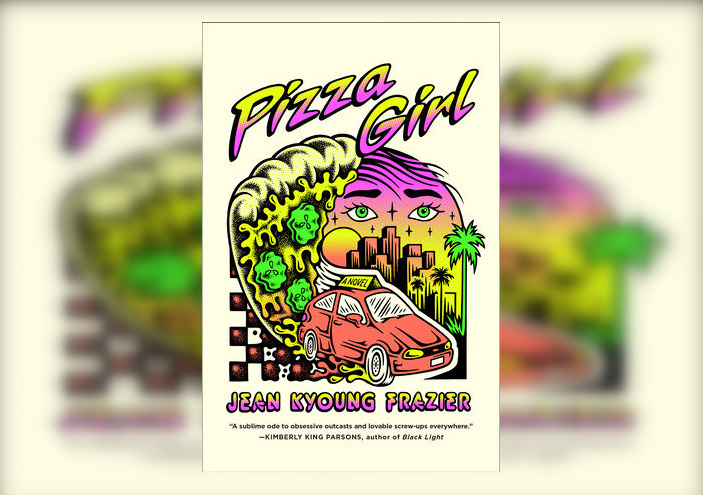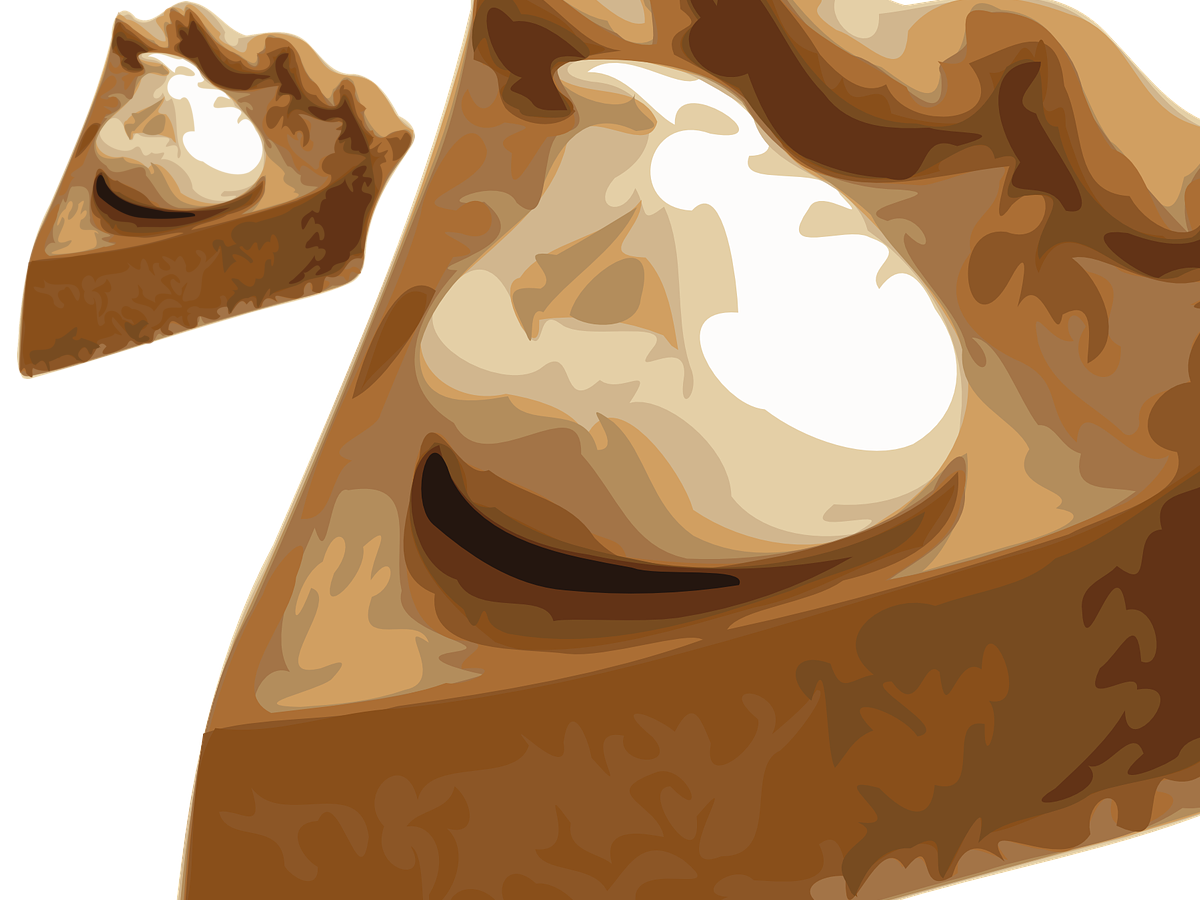There are few novels that can claw their way into my cold, easily distracted heart, but Pizza Girl waltzed right in. Jean Kyoung Frazier’s debut novel is, in a word, artful. It is an entertaining exploration of a meandering mind and dives into the rich, layered internal life of someone who claims to not know themself. And it is truly worth your time.
A mixture of Juno meets Miranda July’s The First Bad Man meets something new entirely, Frazier’s book explores themes of female intimacy, queerness, addiction, motherhood, and how quickly anything can escalate.
Not a ton actually happens plot-wise, and yet it grips. Frazier’s narrator sums up the book best: “if you were being pushed off a cliff, you’d grab hold of anything resembling safety.” Our narrator, Jane aka “Pizza Girl” is an apathetic, pregnant eighteen-year-old working as a pizza delivery girl in Los Angeles. A year before we lay our scene, her dad passed away, leaving her with not much more than her mom, her dad’s mysterious shed in the back, and a grief group. Cut to now, and a member of that grief group is her over-enthusiastic boyfriend, the father of her future baby. Everything shifts when one day the pizza shop she works for receives an order from a middle-aged mom looking for a pickle and pepperoni pizza.
As the world that Frazier so beautifully crafted unfolds, we follow Jane’s every movement while she figures out what it means to fixate on a woman in a complicated way. Questions arise for Jane about the elusive, pickle-pizza-needing Jenny that she cannot have unanswered. When does curiosity become something more? And what sort of things do we tell ourselves to justify pushing boundaries based on some undefined feeling?
The strongest part of the book is Frazier’s handle on the craft of writing, which is impeccable, specific, and entertaining. Her sentence-level choices and plot speak to each other in a dynamic way that creates intense intimacy with the reader.
Her style is best described as deep dives into seemingly insignificant movements in the world; she breathes life into the smallest details. In her breakfast she sees a family tragedy: “I shouldn’t have gotten the eggs over easy, they looked too soft and runny, like the chicken who laid them barely had time to say goodbye.” She writes a chapbook of poems from a patch of skin: “I noticed she had three moles on the back of her neck, and I began writing haikus about them in my head.” Such delicate, specific, firm, and nuanced images had me clutching my chest. Certain sentences punch you in the gut, and take you back to a time when you were aimlessly drifting through time and evoke the tremendous pain in free falling.
On top of this being an engaging novel, it is a book that writers are sure to enjoy. Jane is apathetic to most things around her, yet we don’t feel apathetic, which is some sort of magic trick. Frazier deriving relevant meaning from everything that Jane sees and does is a phenomenal foil to a seemingly passive narrator. I know that I have learnt artistic lessons from living in Frazier’s words.
My favorite scene is what I keep referring to in my head as “the ponytail scene.” In a cinematic tour, we watch Jenny’s ponytail travel all the places that she has traveled before she meets Jane. Jane imagines the ponytail “riding the subway, pushing through bodies and bodies on crowded sidewalks, surrounded by buildings so high she’d have to tip her head backwards to see the tops of them… among dark suits and conservative ties at the Washington Monument looming behind her. Hiking through forests in a haze of mist.” As a queer woman, this scene pierced me. I have watched a ponytail push through crowds, sit in front of me in class, buy apples, or dance with someone else.
I felt nurtured and enthralled by this book. Many queer womxn have complicated, intimate and romantic friendships with other womxn in their life. Many of us have seen our friend’s mom in a new light, or seen a girl drink water in a way that broke our hearts (these are my examples, but I promise that I’m not alone in this). We’ve supported the weight of broken-hearted friends that are our Jennys, whose collarbones we needed to “write epics” about. And like Jane, some of us have had a moment of realization that the girl we are always thinking about maybe doesn’t need saving.
There is so much art about obsession, and it seems difficult to make this theme fresh again. But Frazier did it, not only within her book but outside of it. I think about Jane. I care about Jane. I wonder how Jane is doing. Then I remember that she is not real. If that’s not successful fiction, then I don’t know what is.




